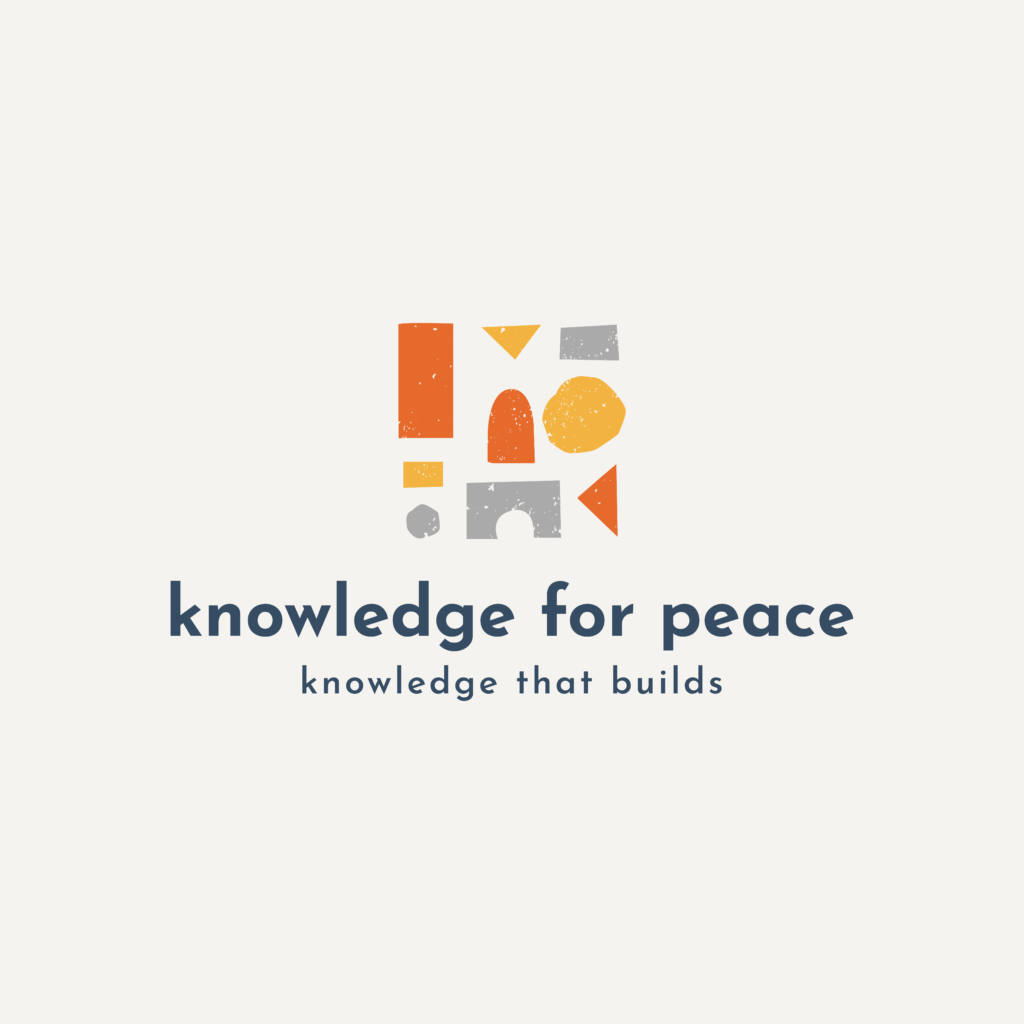The Global Fragility Act
The Global Fragility Act (GFA) represents a landmark shift in how the U.S. government addresses global fragility, conflict, and violence, prioritizing prevention over reaction. As part of the Knowledge4Peace (K4P) independent project launching in Q1 2025, this initiative seeks to leverage the GFA’s framework to introduce a new approach to peacebuilding. The Global Fragility Act offers a ten-year strategy that aims to address the root causes of fragility, focusing on sustainable, locally led solutions to prevent violence and extremism in fragile and conflict-affected regions.
The GFA’s core mission is to coordinate efforts among U.S. agencies such as the Department of State, USAID, and the Department of Defense to foster a more coherent and long-term strategy toward stabilizing fragile regions. One of the key strengths of the Act is its emphasis on multisectoral approaches, focusing not only on security but also on governance, justice, and economic development. By addressing these areas holistically, the GFA seeks to tackle both the immediate and long-term causes of violence and fragility.
K4P’s new project under the GFA framework will utilize the Global Fragility Strategy, which centers on building resilient state-society relations, empowering local actors, and making communities less vulnerable to extremism. The project will incorporate best practices from the GFA by promoting good governance, local ownership, and inclusive policies that focus on both the needs and strengths of local communities. The GFA mandates that all relevant U.S. government activities in fragile regions will be coordinated to avoid duplication, enhance effectiveness, and strengthen accountability.
One of the essential components of the Global Fragility Strategy is its focus on long-term planning and sustainability. Rather than short-term interventions, the strategy emphasizes a ten-year commitment to ensure that fragile states do not relapse into violence. This long-term engagement is crucial, as the underlying causes of conflict—such as weak governance, inequality, corruption, and lack of economic opportunity—cannot be addressed through quick fixes. Instead, the project will focus on creating institutional and social frameworks that promote peace and stability over time.
Another critical feature of the GFA is its focus on local ownership and participation. The Act recognizes that solutions to fragility and conflict must be locally driven, ensuring that communities have a voice in designing and implementing peacebuilding strategies. The K4P project will build on this principle by working closely with local civil society organizations, government entities, and community leaders to ensure that peacebuilding initiatives are responsive to the unique needs of each region. By empowering local actors, the project aims to build more inclusive and accountable governance structures, which are critical for sustaining peace.
The empowerment of marginalized groups, particularly women and youth, is also central to the GFA’s objectives. Fragile settings often exclude these groups from decision-making processes, despite their critical role in rebuilding post-conflict societies. The K4P project will prioritize their inclusion, ensuring that their voices are heard and that they have opportunities to participate in governance, peacebuilding, and economic development initiatives. Inclusive dialogue and conflict resolution processes will be essential to building long-lasting peace, as these groups can offer unique insights into the needs of the community.
Additionally, the GFA’s focus on justice sector reform aligns with K4P’s broader commitment to promoting the rule of law in post-conflict environments. Strengthening the justice sector, curbing corruption, and ensuring accountability for human rights violations are crucial for restoring public trust in government institutions. By fostering a culture of transparency and fairness, the project will contribute to building more resilient and responsive state institutions.
The role of the private sector and public-private partnerships is another innovative aspect of the Global Fragility Act. The K4P project will explore opportunities to collaborate with private sector entities, leveraging their resources and expertise to support peacebuilding initiatives. These partnerships can contribute to economic development, job creation, and infrastructure improvements, which are vital for reducing the drivers of conflict.
Lastly, the project will incorporate robust monitoring and evaluation mechanisms, as outlined in the GFA. This will ensure that the progress of peacebuilding efforts is continuously assessed, with lessons learned being incorporated into future strategies. These mechanisms are designed to adapt to changing conditions on the ground, ensuring that interventions remain relevant and effective.
In conclusion, the Global Fragility Act provides a comprehensive framework for addressing the challenges of conflict and fragility. The K4P project launching in Q1 2025 will build upon this framework, integrating local ownership, justice reform, empowerment of marginalized groups, and public-private partnerships into a holistic approach to peacebuilding. Through this long-term commitment to addressing the root causes of fragility, the project aims to create sustainable solutions that promote peace, stability, and development in the world’s most vulnerable regions.

